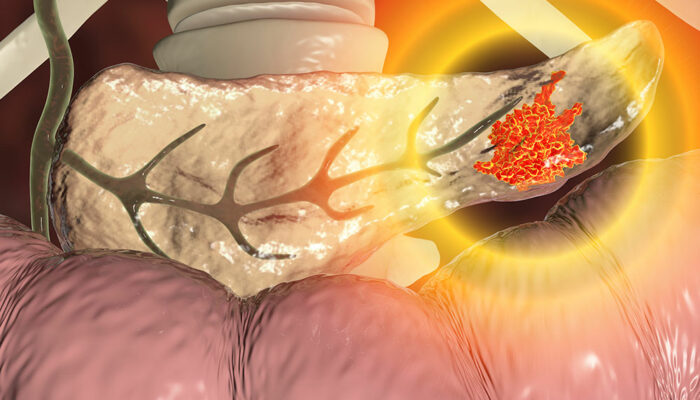
The Main Differences Between Acid Reflux and GERD
People often get confused between acid reflux and Gastroesophageal Reflux Disease (GERD). From the triggers to the symptoms, these two medical conditions have a lot in common. That said, they are not the same. This article highlights a few points to help answer the question of “What’s the difference between acid reflux and GERD?.” Let’s look at what the two terms mean and how they’re different from each other.
1. What is acid reflux?
Acid reflux is a mild-to-moderate condition in which the Lower Esophageal Sphincter (LES) doesn’t close properly, allowing the stomach contents to move upwards into the esophagus. This creates a burning sensation in the chest area, which is known as heartburn. Acid reflux may occur due to several things, including cigarette smoking, low levels of physical activity, and the consumption of certain foods like chilies, onion, garlic, and citrus fruits. Eating smaller meals, maintaining proper meal times, quitting smoking, and avoiding foods that trigger or aggravate the condition can help manage acid reflux. A doctor may prescribe antacids or other medication to control the production of acid.
2. What is GERD?
GERD is a chronic condition caused by frequent acid reflux that can cause heartburn and vomiting and may also lead to tissue damage. Other common symptoms of GERD are bad breath, difficulty breathing, and nausea. The condition can also lead to complications like inflammation and narrowing of the esophagus, esophageal ulcers, and a higher risk of esophageal cancer. GERD may be triggered by lifestyle factors like smoking, irregular eating habits, obesity, or the consumption of certain foods. Eating healthy foods at regular intervals, having small meals, maintaining consistent meal times, quitting smoking, and exercising regularly can help manage GERD. Additionally, a doctor may prescribe antacids and medication to reduce acid production.
3. How are they different?
GERD is chronic acid reflux and develops when an individual experiences reflux multiple times a week. This may be accompanied by symptoms like chest pain, difficulty swallowing, and regurgitation. In other words, the major difference between acid reflux and GERD is that the latter is more severe. Certain dietary and lifestyle changes can help manage acid reflux and prevent it from progressing to GERD, while a doctor may prescribe certain medications for GERD. In the case of severe GERD, surgery may be recommended for long-term results.
If one frequently experiences heartburn or acid reflux, it’s advisable to visit a doctor as it could indicate an underlying health condition. Additionally, the symptoms of a heart attack are often confused for heartburn. Experiencing symptoms like chest pain, accompanied by pain in the left arm or jaw, dizziness, and shortness of breath may indicate a heart attack. In such a situation, it’s best to seek medical help immediately.



